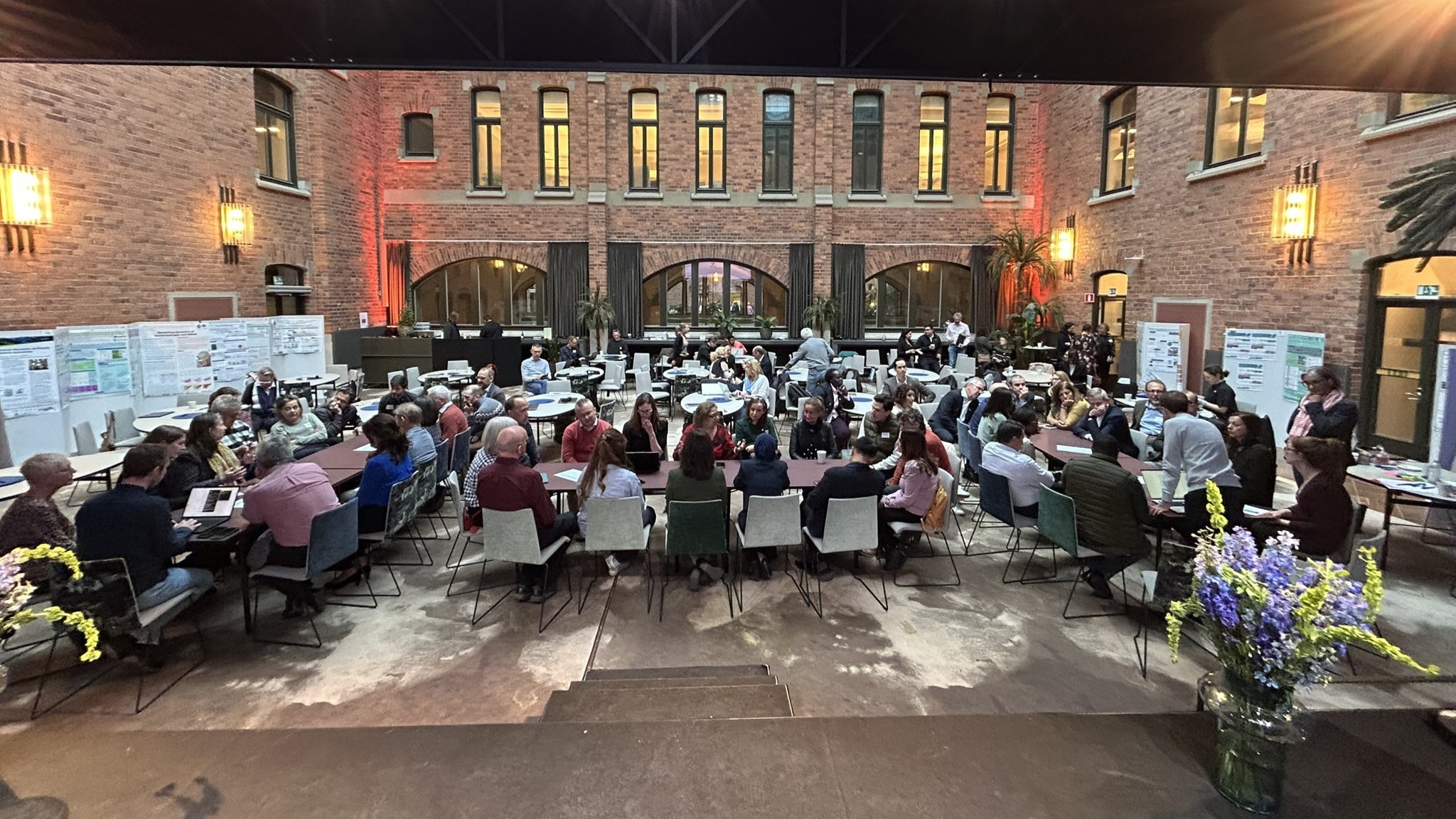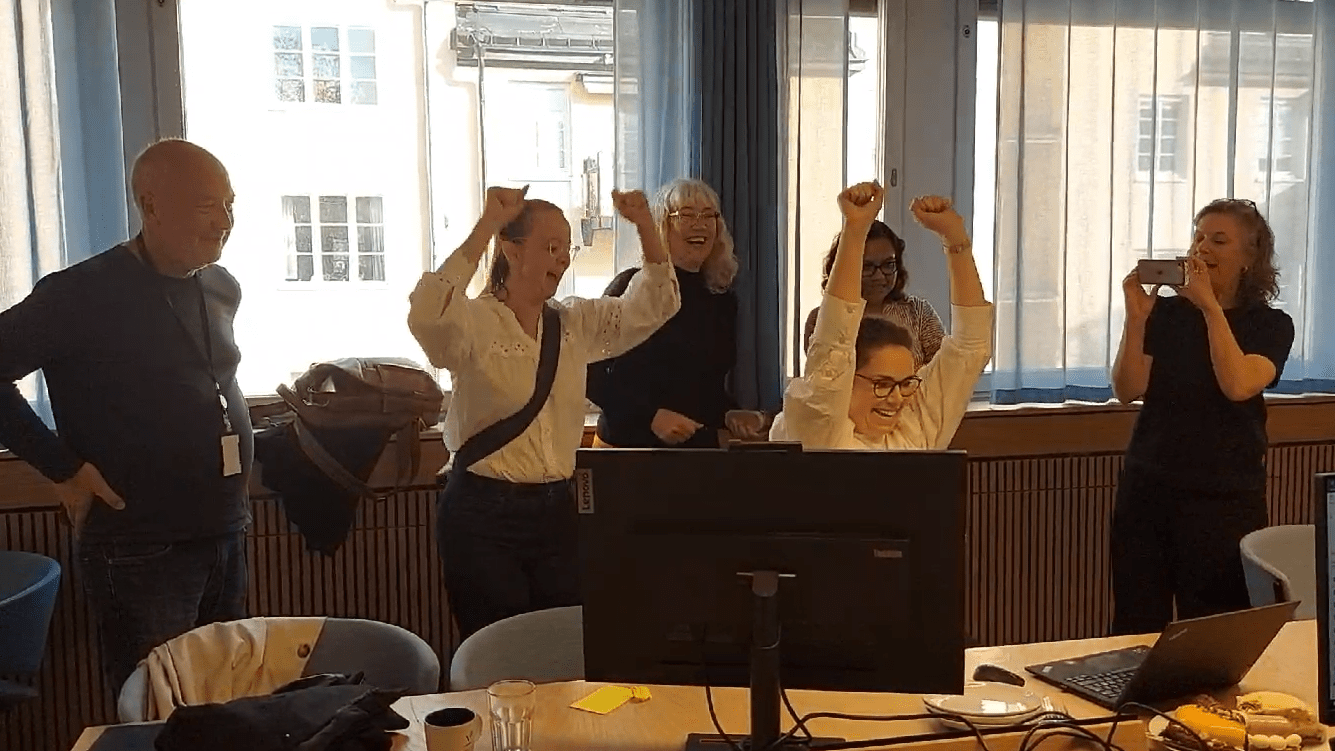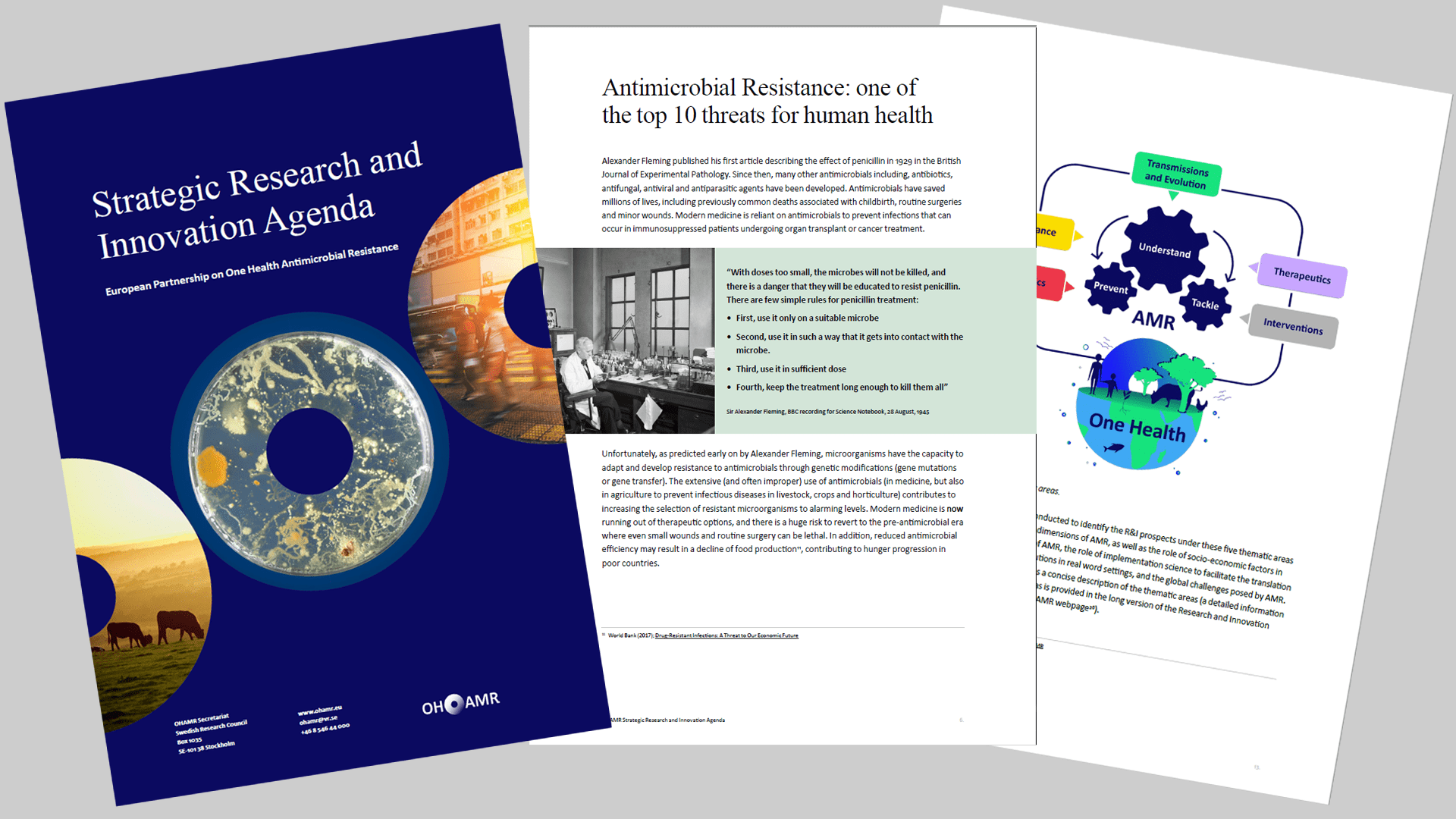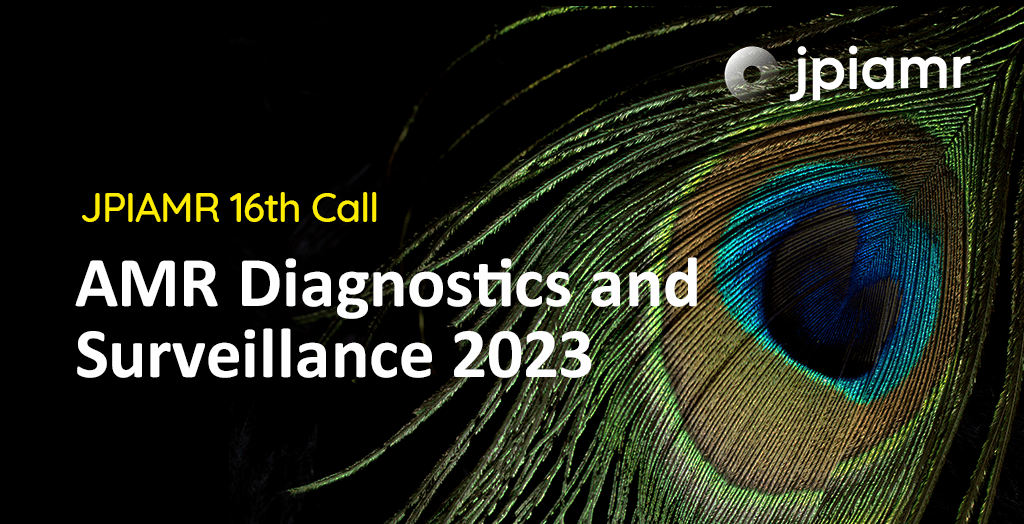The European partnership on One Health AMR (OHAMR) is one of the key partnerships that has been identified by the European Commission within the framework of the Horizon Europe programme to support Resarch & Innovation to respond to the challenges of antimicrobial resistance (AMR). The first call and launch of other activities of this joint research programme between the European Commission and Member States are planned to take place in 2025.
The new partnership builds on the work of the Joint Programming Initiative on AMR (JPIAMR), but has a bigger ambition, as well as a stronger integration of social sciences and humanities, support of innovation, and international engagement to address the challenges of AMR.
The OHAMR partnership will be coordinated by the Swedish Research Council (SRC), who is currently hosting the JPIAMR secretariat. The SRC is now recruiting a Head of secretariat and a Scientific adviser to join the JPIAMR/OHAMR team in Stockholm, Sweden.
The application deadline for both positions is 20 August 2024.
Head of secretariat, European partnership on One Health AMR for the Swedish Research Council
Ref no: 2.2.1-2024-06278
As Head of the secretariat, you will coordinate and manage the European partnership OHAMR, with support from the secretariat. You will also lead and allocate other tasks within the secretariat, linked to the JPIAMR and other EU projects already in progress in the AMR area. The role requires some travel, primarily within the EU.
The tasks include:
- Acting as project leader for the Swedish Research Council’s coordination of the European partnership OHAMR. This includes leading the coordination of the international collaboration according to the agreed governance structure of the partnership, and to ensure correct budget follow-up and reporting on the project to the EU.
- Leading and delegating the work within the OHAMR secretariat, and coordinating the work within OHAMR as well as for the JPIAMR and EU projects within AMR that are already in progress.
- participating in the Swedish Research Council’s work on establishing and further developing overarching internal procedures for coordination and participation in partnerships.
Your background
We put great emphasis on your personal qualities. To fit in and be happy in the role, we are looking for a person who is committed, proactive, and has well-developed strategic thinking and collaborative abilities. You have a well-developed ability to plan, organise, and communicate tasks in a structured way, at the same time as being flexible and able to adapt when conditions change. You show good judgement in balancing interests and decision-making. You are communicative and have the ability to establish trusting and good relationships in both external and internal contexts. You are good at picking up nuances and acting in a non-prestigious way.
In addition to these personal qualities, you also need to have:
- an academic degree in medicine and health or another AMR-relevant subject area
- documented experience of managing a team in major projects of relevance to the position
- experience of driving projects forward in a structured way and documenting the work on an ongoing basis
- knowledge of speaking and writing in Swedish
- good speaking and writing abilities in English, and good ability in presenting results in a way adapted to the target group
It is an advantage if you have:
- a doctoral degree in medicine and health, or alternatively corresponding meriting experience of relevance to AMR research
- worked with AMR-related research strategy and/or policy
- experience of international research collaboration
- experience of Swedish public administration
- experience of EU projects/EU administration
- good speaking and writing abilities in Swedish
More information
See the full job description and information on how to apply on the Swedish Research Council’s website:
.
Scientific adviser to the Swedish Research Council’s international AMR work
Ref no: 2.2.1-2024-06279
As scientific adviser, you will be part of the OHAMR secretariat at the Swedish Research Council and act as deputy project manager of the upcoming European partnership OHAMR. Through operational work within the OHAMR secretariat, you will get a good overview of all the ongoing activities of the partnership, which forms the basis for driving forward and widening the programme in a strategic way, in consultation with the Head of secretariat. The role will periodically require extensive travel.
The tasks include:
- through strategic scientific work, helping to develop the OHAMR partnership as a central actor within the global AMR research work
- monitoring and reporting relevant initiatives within antimicrobial resistance, at national, European, and global level, and contributing to linking OHAMR’s internal and external communication in relevant events
- acting as deputy project manager for the Swedish Research Council’s coordination of the European partnership OHAMR and working operationally with the secretariat’s various activities within OHAMR and other EU projects within AMR
- participating in the Swedish Research Council’s other national and international work on AMR.
Your background
We put great emphasis on your personal qualities. To fit in and be happy in the role, you need to have very good collaborative abilities and be able to establish trusting and good relationships in both external and internal contexts. You are good at picking up nuances and acting in a non-prestigious way. You have a well-developed ability to plan, organise, and communicate tasks in a structured way, at the same time as being flexible and able to adapt when conditions change. You are a good communicator and show good judgement in balancing interests and decision-making.
In addition to these personal qualities, you also need to have:
- a doctoral degree in medicine and health, or alternatively corresponding meriting experience of relevance to AMR research
- experience of international research collaboration
- experience of representing an organisation in international collaborations
- good speaking and writing abilities in English, and good ability in presenting results in a way adapted to the target group
- knowledge of speaking and writing in Swedish
It is an advantage if you have:
- worked with AMR-related research matters
- experience of Swedish public administration
- experience of EU projects/EU administration
- good speaking and writing abilities in Swedish
More information
See the full job description and information on how to apply on the Swedish Research Council’s website:











